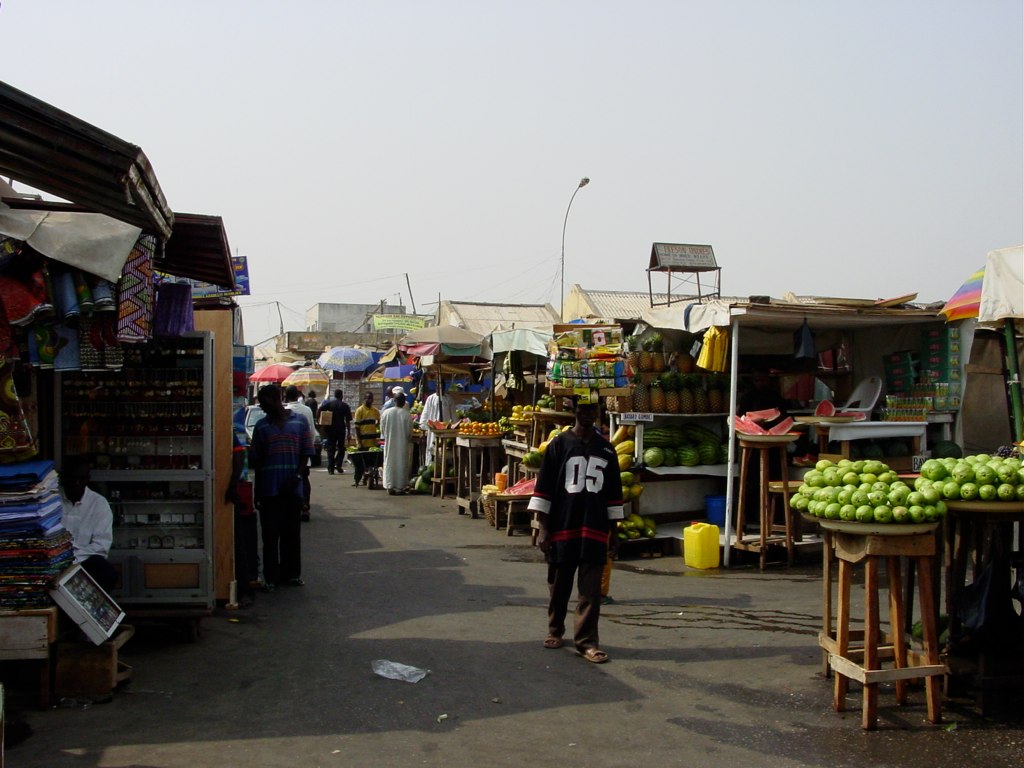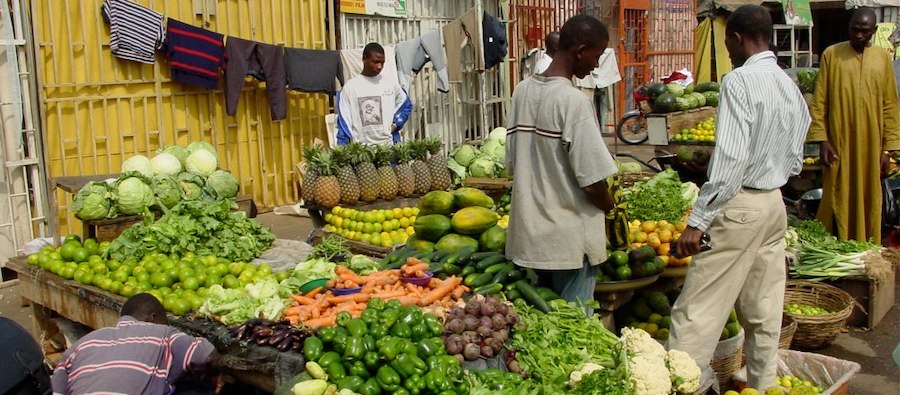Dr Debisi Araba, Managing Director of the African Green Revolution Forum (AGRF) and Malabo Montpellier Panel MemberDr Debisi Araba, explores how adapting existing digital tools can help bolster African food systems amidst the Covid-19 crisis.
Eminent scientists and opinion leaders are lending their voices to discussions about the coronavirus pandemic – some questioning whether Covid-19 is a ‘Black Swan’ event, and others commenting on its predictability, with reference to Bill Gates’ 2015 TED talk on ‘The Next Outbreak’.
What is indisputable, though, is that as government lockdowns threaten to compromise systems for producing, distributing and consuming healthy, nutritious food, this could lead to a hunger and malnutrition crisis.
Here are some ideas on how we may bootstrap food systems in Africa’s urban areas by leveraging existing digital tools.
Mitigating supply and demand issues
With a slow-down of almost all economic activity worldwide, this emerging crisis has food systems hemmed in from multiple points – with contracted demand, slowed productivity, broken supply chains, increased post-harvest loss, viscous financial flow, lack of insurance coverage and weak social safety nets. This is a stress test unlike anything ever imagined.
In a protracted lockdown scenario, breaks in the food supply chain between production and consumption hubs are an immediate impact. Short shelf-life foods – including fresh produce like vegetables and fruits, eggs and milk – are most likely to be affected. Slowed economic activities also reduce some food consumption, due to reduced demand and lack of market access.
Consequently, urban households may then suffer from a lack of access to healthy food and experience increased hunger, malnutrition and – in extreme cases – death, as food choices narrow and more nutritious, highly perishable foods become scarce.
Households may also resort to using unsafe and unhealthy food preparation sources, potentially leading to an increase in cases of communicable diseases like cholera and dysentery. This in turn could increase pressure on already fragile healthcare services.

Wuse Market, Abuja, Nigeria
Credit: Jeff Attaway
Improving access and availability
For large cities under lockdown, like Lagos and Ogun states in Nigeria, the primary objective should be ensuring that populations have access to safe, healthy and nutritious food – while also maintaining market systems, preventing job losses, accelerating financial inclusion and improving the efficiency of public sector interventions.
One option is to activate a rapid mobile payments system for everyone who has a registered mobile phone, which syncs with their Bank Verification Number (BVN) to create digitally trackable unique identifiers.
Aligned to this, the government can push through a voluntary e-registration of mobile money service providers for the short-term duration of this response window. During this process, everyone will have the option to choose their preferred service provider, reducing bias and ensuring that most homes have at least one mobile money account.
Government can then initiate cash transfers to households based on verified household size, number of vulnerable people, elderly people and young children, using secondary information from satellite data, cell towers, national census and voters’ registration database, for instance.
This option assumes that the government will not intervene in the formal market, allowing households to use cash transfers to purchase essential items of their choosing, while remaining at home.
Adapting market systems
Another option is to keep formal markets going and to designate particular food retail outlets as ‘public kitchens’. These could be selected based on their hygiene and safety standards, as well as production volume and capacity, and then assigned to residents located within walking distance. Households would be sent e-vouchers to purchase freshly cooked food daily, mitigating issues surrounding lack of access to clean and safe water and energy for households.
The ‘public kitchens’ would run their regular operations, with the e-voucher system helping sustain the micro-economy of these communities, while creating market incentives for food chains to keep running. Civil Society Organisations could be encouraged to support these initiatives, potentially equipping them over time to evolve into formal social service structures to address urban malnutrition and hunger.
These ideas focus on leveraging existing market systems for short-term interventions, to keep urban populations fed through providing access to affordable, safe, healthy and nutritious food; to keep food system actors employed and working; to keep logistics and supply chains open; and to insulate vulnerable members of the population from a lack of access to food.
The Malabo Montpellier Panel, of which I am a member, launched a report last year on policy innovations for transforming Africa’s food system with digital technologies. It is my belief that we already have the building blocks for leveraging existing technologies to address both immediate and long-term challenges of fostering nourished African economies.
Now is the time to think innovatively about how to deploy and quick-start some of these digital technologies and integrate them within existing structures.
Follow @FarmingFirst on Twitter for further updates on how COVID-19 is affecting food systems around the world.



